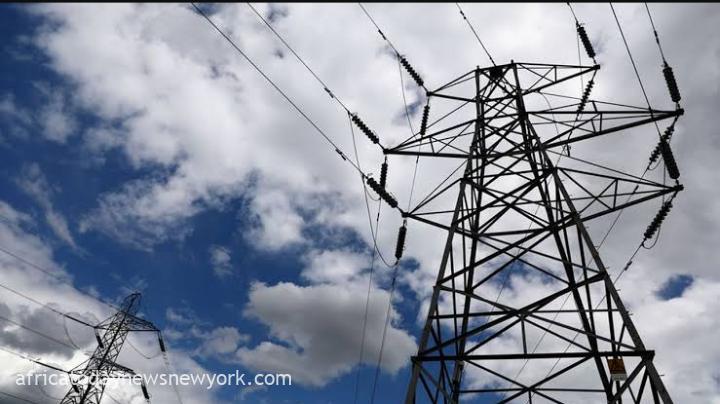One day after the recurrence of the power grid failure for the second time this year, the Federal Government has divulged an integral component of its sector-wide revamp – the division of the Transmission Company of Nigeria (TCN) into two distinct entities.
Openly addressing a crucial aspect, the government has acknowledged that within the Nigerian Electricity Supply Industry (NESI), the Transmission Company of Nigeria (TCN) holds the unenviable position of being the weakest link, overseeing the national power grid and delivering bulk electricity to distribution companies and eligible customers.
At the launch of a Ministerial Retreat facilitated by the Federal Ministry of Power in Abuja, Chief Adebayo Adelabu, the Minister of Power, unveiled a noteworthy development for the Transmission Company of Nigeria (TCN), as it is slated for restructuring to assume the roles of the Independent System Operator (ISO) and the Transmission Service Provider (TSP).
The three-day retreat has the theme: The integrated national electricity policy and strategic implementation plan: Navigating and aligning on the path to enhanced electricity reliability.
Chief Adelabu clarified that the restructuring process must harmonize with the evolving State Electricity Markets, acknowledging the need for the decentralization of the national grid into regional grids interlinked by a new higher voltage national or super-grid.
He pointed out that the envisioned outcomes of the government’s implemented reforms to enhance power supply have predominantly fallen short, urging stakeholders and operators to redouble their efforts to guarantee the realization of these objectives.
According to him, ‘one of the main objectives of the Nigerian electricity sector reform programme initiated over 23 years ago is to make electricity available to consumers across the country with efficiency and consistency, which in turn lead to general reliability and affordability. Even as electricity consumption per capita was at 140 KWh in 2021, relatively low in comparison to neighbouring countries and almost three times lower than the average for Sub-Saharan Africa, Nigeria is a case study in a deep electricity paradox.’
Read also: TCN Refutes Allegation Of Nationwide Power Outage
‘Nigeria has grown to become the host of probably the world’s largest fleet of diesel- and petrol-powered generation capacity that is utilized for base load supply. Various figures have been mentioned but it is safe to say that this fleet measures no less than 40,000MW of total capacity. At an average operating cost of no less than N250/kWh as opposed to an average economic tariff today of approximately N120/kWh (weighted between petrol and diesel generation), the daily cost of this extreme inefficiency in electricity supply in Nigeria, is measurable in tens of billions of Naira daily.’
‘This is hard-earned money that would better be deployed to savings, discretionary consumer spending and tax revenue for governments instead of being literally burnt and going up in diesel and petrol emissions that harm our environment and contribute to incessant noise pollution in many of Nigeria’s cities’.
Chief Adelabu who expressed satisfaction at the large and quality turn out for the retreat, said the outcome would be implemented in full.
He expressed regret over the second power grid crash on Monday, explaining that it happened for a few hours and ‘was operational again. It was not due to strategic faults in the grid. Immediately it collapsed, our people swung into action and made sure the grid was restored’.
During his presentation, Engr. Sanusi Garba, Chairman of the Nigerian Electricity Regulatory Commission (NERC), revealed that without a tariff reflecting the true cost, the government would be compelled to subsidize an estimated N1.6 trillion to cover the electricity tariff shortfall in 2024.
Elaborating on the impact of inflation and the Federal Government’s move to unify the foreign exchange market, he clarified that the cost-reflective tariff has surged to N124/kWh from the subsidized N73/kWh charged to Band-A customers. Additionally, he stated that the subsidy for this year alone is anticipated to surpass the N600 billion mark.
He shared a significant financial statistic, stating that the financial obligation from tariff subsidies between 2015 and 2022 amounted to N2.8 trillion. Emphasizing its importance, he stressed that it is imperative for the government to endorse the revision of end-user tariffs to reduce the fiscal burden in the sector.
Henceforth, he recommended the implementation of an automatic monthly tariff adjustment as a proactive measure to handle the fluctuations in foreign exchange and inflation.
